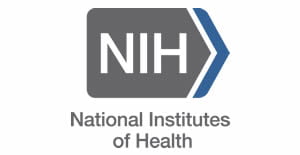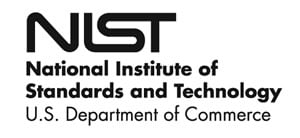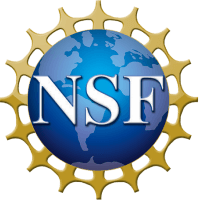RSS feed source: National Institute of Health
Rescission of the Final Scientific Integrity Policy of the National Institutes of Health
The purpose of this Notice is to rescind the Final Scientific Integrity Policy of the National Institutes of Health (NIH), issued under NOT-OD-24-178, to ensure alignment with the Administrations priorities. The NIH remains committed to upholding the principles of scientific integrity and has multiple interlocking policies that support and promote scientific integrity across the agency, including policies on research misconduct, authorship, human and animal subject protections, and data management and sharing, which will continue. This Notice only applies to the Final Scientific Integrity Policy of the NIH and not to any policies cited therein. Additionally, the NIH will adhere to the HHS Scientific Integrity Policy to advance scientific integrity goals.
Click this link to continue reading the article on the source website.
RSS feed source: National Institute of Health
Implementation Update: Delayed Effective Date for the NIH Intramural Research Program Access Planning Policy
On January 10, 2025, NIH issued the Intramural Research Program (IRP) Access Planning Policy (NOT-OD-25-062) requiring organizations applying to NIH for certain commercial patent licenses to submit access plans to NIH outlining steps they intend to take to promote patient access to those licensed products. The IRP Access Planning Policy applies to license applications and licenses granted by the NIH IRP for patents wholly owned by the government.
The NIH is committed to working with organizations to ensure successful implementation of this Policy. As such, NIH is delaying the effective date to accommodate further stakeholder outreach discussion in developing meaningful access approaches and incentive for partnerships. The Policy will now apply to license applications submitted to NIH on or after October 1, 2025.
Click this link to continue reading the article on the source website.
RSS feed source: National Institute of Health
What if a computer model could help make us healthier? Researchers at NIST and elsewhere are working to make this a reality for patients with a condition of the esophagus.
Click this link to continue reading the article on the source website.
RSS feed source: National Institute of Health
Synopsis
The World is facing “all minds needed” problems, but due to historical systemic structures, all minds have not been fully engaged. Recent research shows that science scholars who are underrepresented in STEM produce higher rates of scientific novelty, yet they do not persist in the systems where the innovation is created (Hofstra et al. 2020). Because the geosciences continue to lag other STEM fields in creating a diverse community of researchers, scholars, and practitioners, disruptive strategies and evidence-based practices are needed to recruit and specifically retain individuals who historically have not been included in geoscience education, research and careers.
The National Science Foundation’s (NSF) Directorate for Geosciences (GEO) seeks to support activities that will develop unique approaches or bring to scale current efforts to increase and sustain the inclusion of individuals from diverse backgrounds in the geoscience education and research community. Proposals that
Click this link to continue reading the article on the source website.


